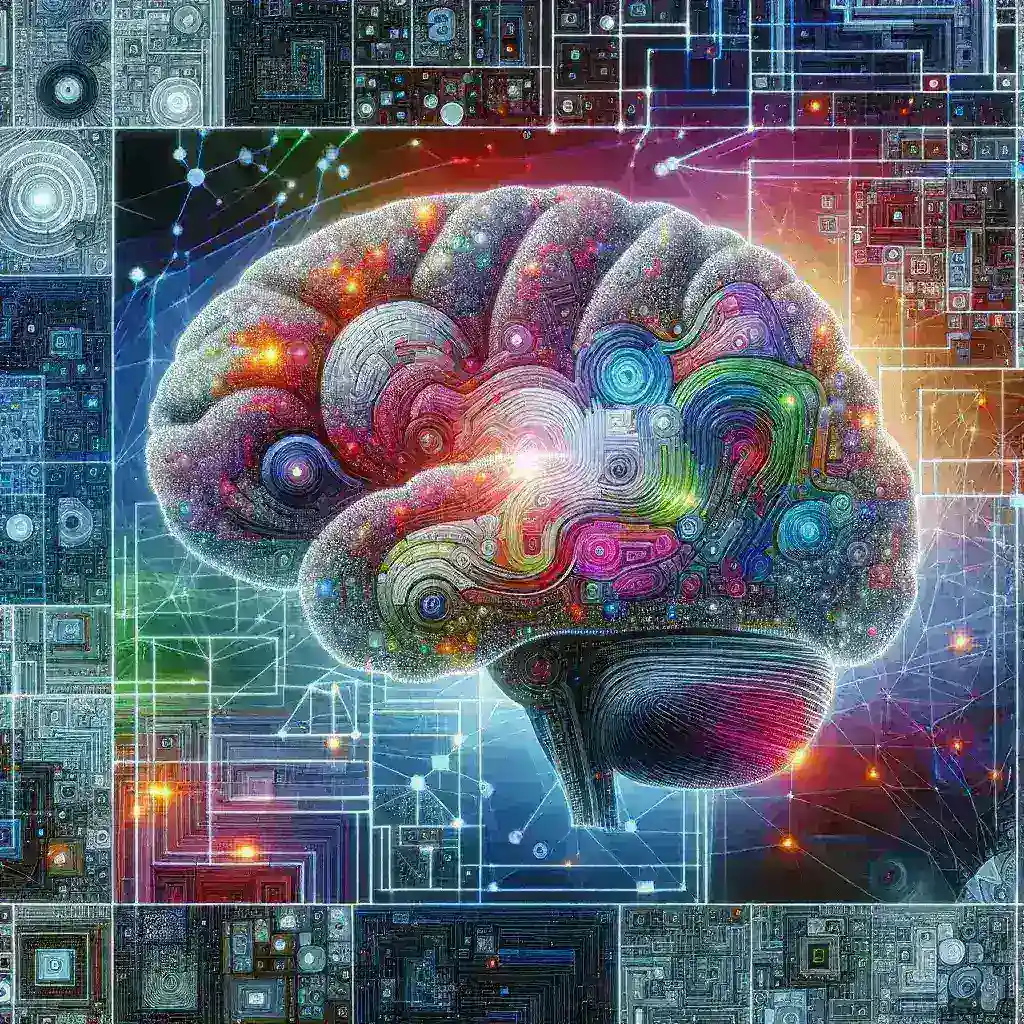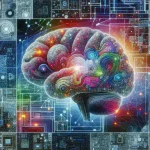Introduction
Alzheimer’s disease, a progressive neurodegenerative disorder, poses a significant challenge to healthcare systems worldwide. Early detection is crucial for effective management and treatment. Recent advancements in AI deep learning models are paving the way for innovative methods to identify early signs of Alzheimer’s in brain scans, allowing for timely intervention.
Understanding Alzheimer’s Disease
Alzheimer’s disease primarily affects memory, thinking skills, and behavior. It typically begins slowly and worsens over time, making early diagnosis essential. Traditional diagnostic methods often rely on neuropsychological tests and clinical evaluations, which can miss subtle changes that occur in the brain long before symptoms manifest.
The Importance of Early Detection
Detecting Alzheimer’s in its early stages can significantly impact patient management. Early intervention strategies may include medications, lifestyle changes, and cognitive therapies that can slow disease progression and enhance the quality of life for patients and caregivers.
AI Deep Learning: A Game Changer
Artificial Intelligence (AI) has made remarkable strides in healthcare, particularly in imaging analysis. Deep learning, a subset of AI, utilizes algorithms inspired by the human brain to analyze complex data patterns. When applied to brain scans, these models can detect anomalies that may indicate the onset of Alzheimer’s.
How AI Deep Learning Works in Brain Scans
AI deep learning models process extensive datasets of brain images to learn the typical patterns associated with healthy versus diseased brains. By training on these datasets, the models become adept at recognizing minute changes in brain structure or function that could signify early signs of Alzheimer’s.
Steps in the AI Deep Learning Process:
- Data Collection: Large datasets of brain scans are collected, including both healthy individuals and those diagnosed with Alzheimer’s.
- Preprocessing: The images undergo preprocessing to enhance quality and extract relevant features.
- Model Training: Deep learning algorithms are trained on these datasets to identify patterns associated with Alzheimer’s.
- Validation: The model is validated using a separate set of brain scans to ensure accuracy and reliability.
- Deployment: Once validated, the model can be deployed in clinical settings to assist in diagnosing new patients.
Real-World Applications
Several studies have demonstrated the effectiveness of AI deep learning models in identifying Alzheimer’s. For instance, researchers at prominent universities have utilized convolutional neural networks (CNNs) to analyze MRI scans, yielding promising results in early detection rates.
Case Study: CNNs in Action
A notable study involved training a CNN on a diverse set of brain MRI scans. The model achieved a diagnostic accuracy of over 90%, outperforming traditional assessment methods. This highlights the potential for AI to transform the diagnostic landscape for Alzheimer’s disease.
Advantages of AI Deep Learning in Alzheimer’s Detection
- Enhanced Accuracy: AI models can identify patterns that may elude human observers, leading to more accurate diagnoses.
- Speed: Automated analysis of brain scans significantly reduces the time required for diagnosis, allowing for quicker patient management.
- Scalability: AI can analyze thousands of images rapidly, making it feasible to screen large populations for early signs of Alzheimer’s.
Challenges and Considerations
Despite the promising advancements, there are challenges associated with AI deep learning models in healthcare:
- Data Privacy: Handling sensitive patient information requires stringent data protection measures.
- Interpretability: AI models often function as black boxes, making it difficult for healthcare professionals to interpret their decisions.
- Integration: Ensuring seamless integration of AI systems into existing healthcare workflows can pose logistical challenges.
The Future of AI in Alzheimer’s Research
The future of AI deep learning models in Alzheimer’s detection looks bright. Ongoing research continues to refine these models, potentially integrating additional data sources such as genetic information and biomarker analysis to enhance predictive capabilities.
Potential Predictions
Experts predict that within the next decade, AI may play a central role in routine screenings for Alzheimer’s, allowing for not only earlier detection but also personalized treatment plans tailored to individual patient profiles.
Conclusion
AI deep learning models represent a revolutionary approach to identifying early signs of Alzheimer’s disease through brain scans. Their ability to accurately and efficiently analyze medical imaging data holds the potential to transform Alzheimer’s diagnosis and management. As research and technology continue to advance, the integration of AI into clinical practice will likely lead to improved outcomes for patients, caregivers, and healthcare systems alike.






Leave a Reply